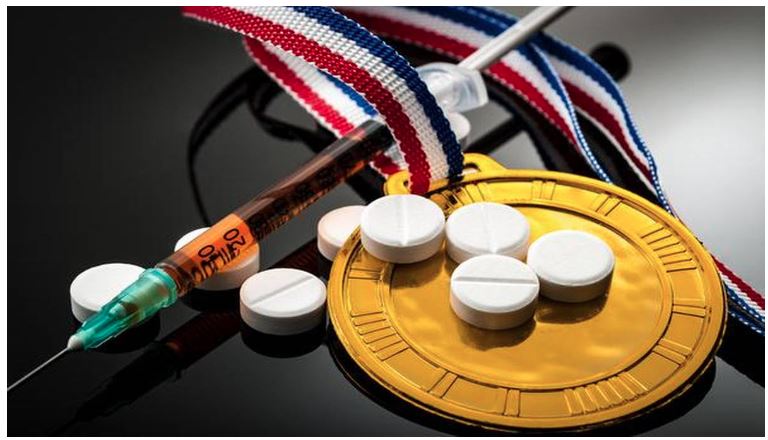Context
Recently, Parliament passed the National Anti-Doping Bill 2021 Bill that seeks to create a statutory framework for the National Anti-Doping Agency (NADA).

About National Anti-Doping Bill
- The Bill was initially presented in the Lok Sabha in December 2021 and is being piloted by the Union Ministry of Youth Affairs and Sports.
- It aims to protect the interest of sportspersons as it will provide ample space for them to put forth their versions especially when they face anti- doping charges.
Key-provisions of the Bill
- Prohibits athletes from engaging in doping: The legislation prohibits athletes, athlete support personnel, and other persons from engaging in doping in sports.
- Powers to NADA: The bill will give NADA powers of, “investigation, levying sanctions for anti-doping rule violations, the disciplinary procedures to be adopted and the powers of inspection, sample collection and sharing and free flow of information”.
- Disqualification for violating rules: In case of violation of doping rules, the athlete will be disqualified.
- Besides forfeiture of medals, points, and prizes, ineligibility to participate in a competition or event for a prescribed period, and financial sanctions are the actions the violator will have to face.
- Planning, monitoring and implementing anti-doping rules: The bill provides for planning, implementing, and monitoring anti-doping activities as well as investigating anti-doping rule violations.
- In consonance with UNESCO Convention on doping: It also seeks to give effect to the United Nations Educational, Scientific and Cultural Organization International Convention against doping in sports and compliance with such other obligations and commitments.
Issues
- The qualifications of the Director General are not specified in the Bill and are left to be notified through Rules.
- The central government may remove the Director General from the office on grounds of misbehavior or incapacity or “such other ground”.
- Leaving these provisions to the discretion of the central government may affect the independence of the Director General.
- This also goes against the mandate of the World Anti-Doping Agency that such bodies must be independent in their operations.
- Under the Bill, the Board has powers to remove the members of the Disciplinary Panel and Appeal Panel on grounds which will be specified by regulations and are not specified in the Bill.
- Further, there is no requirement to give them an opportunity of being heard. This may affect the independent functioning of these panels.
Significance of the Bill
- In addition to improving agency collaboration in the battle against doping, the bill aims to provide athletes with time-bound justice.
- It also aims to reaffirm India’s commitment to upholding its duties under international clean sports laws.
- The bill would contribute to the development of a reliable, impartial system for anti-doping adjudication.
- The legislation will also provide NADA and the National Dope Testing Laboratory legal sanctity in how they do their business.
About World Anti-Doping Agency
- It is a global NGO
- It aims at harmonizing anti-doping regulations in all sports and countries.
- It is a collective initiative led by the International Olympic Committee.
- It was established in 1999 in Lausanne, Switzerland under the so-called Declaration of Lausanne to coordinate, promote and monitor the fight against drugs in sports.
- Its headquarters is in Montreal, Canada.
About National Anti-Doping Agency (NADA)
- NADA is headquartered in New Delhi, founded on 24th November 2005 for monitoring and promoting doping control programs in all forms of sports in India.
- NADA is also responsible for ensuring the proper implementation of anti-doping policies in all forms of sports in India.
|